Eramet and BASF Postpone $2.6 Billion Nickel-Cobalt Project in Indonesia
JAKARTA, RAKYAT NEWS— The Ministry of Energy and Mineral Resources (ESDM) has addressed rumors regarding the withdrawal of European giants Eramet and BASF from the nickel-cobalt plant project in Weda Bay, Halmahera, Maluku. Contrary to reports of their exit, the two companies are merely postponing their investment plans, as confirmed by Agus Cahyana, Special Staff to the Minister of ESDM.
Agus clarified that the companies are taking a conservative approach due to uncertainties in the international trade market.
“They are evaluating the market direction. This conservative stance doesn’t mean they can’t sell their resources to other upcoming plants,” Agus stated at the ESDM building on Friday, July 5, 2024
Despite the delay, the possibility remains that Eramet and BASF might sell their resources to other operational plants if they decide not to proceed with their own projects. “They could sell to other manufacturers, like LG or IBC, if necessary,” Agus added.
Eramet is a French multinational mining and metallurgy company specializing in the extraction and processing of nickel and manganese, which are essential for industries such as stainless steel production and electric vehicle batteries. It also produces high-performance alloys and specialty steels for aerospace, energy, and tooling applications. Committed to sustainability, Eramet engages in metal recycling, contributing to the circular economy. With significant mining operations in New Caledonia, Gabon, and Indonesia, Eramet is recognized for its global reach and dedication to innovative and sustainable practices in the mining sector.
BASF, short for Badische Anilin- und Soda-Fabrik, is a German multinational chemical company and one of the largest chemical producers in the world. Founded in 1865, BASF operates in various segments, including chemicals, materials, industrial solutions, surface technologies, nutrition and care, and agricultural solutions. The company produces a wide range of products, such as chemicals, plastics, performance products, agricultural products, and fine chemicals. BASF is known for its commitment to sustainability and innovation, aiming to balance economic success with environmental protection and social responsibility. It operates globally, with significant research and production facilities in Europe, Asia, and the Americas.
Eramet and BASF had signed an agreement in 2020 to conduct a feasibility study for the nickel-cobalt plant, aimed at strengthening the supply chain for electric vehicle (EV) batteries. The investment, valued at approximately USD 2.6 billion (around IDR 41 trillion), highlights the significant financial commitment involved.
The primary reason for the project’s delay appears to be the slower-than-expected growth in EV battery sales in Southeast Asia. However, Eramet remains committed to exploring other investment opportunities in Indonesia’s nickel sector for EV batteries and will keep stakeholders informed of any developments.
Meanwhile, BASF has announced it will halt all ongoing activities related to the Weda Bay project. Dr. Daniel Schonfelder, President of BASF’s Catalysts division, emphasized the importance of secure and sustainable raw material supply for producing cathode active materials, which may still come from Indonesia. “After thorough evaluation, we’ve concluded not to pursue the nickel-cobalt refining project in Weda Bay,” said Anup Kothari, BASF Executive Board member.
Kothari explained that the global nickel market has changed significantly since the project’s inception, with new supply options now available, reducing the need for such a substantial investment to secure metal supply for their battery materials business. (Uki Ruknuddin)










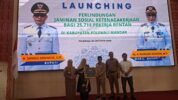

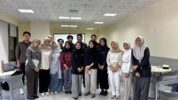
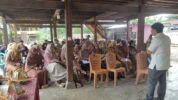
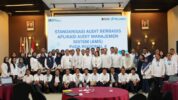



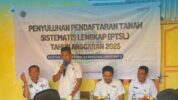
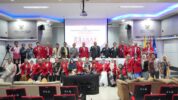

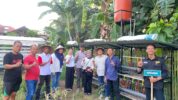
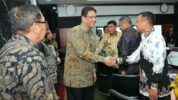
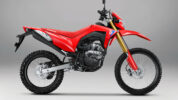
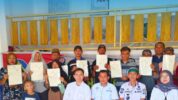
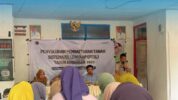
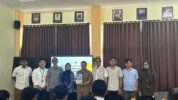
Tinggalkan Balasan